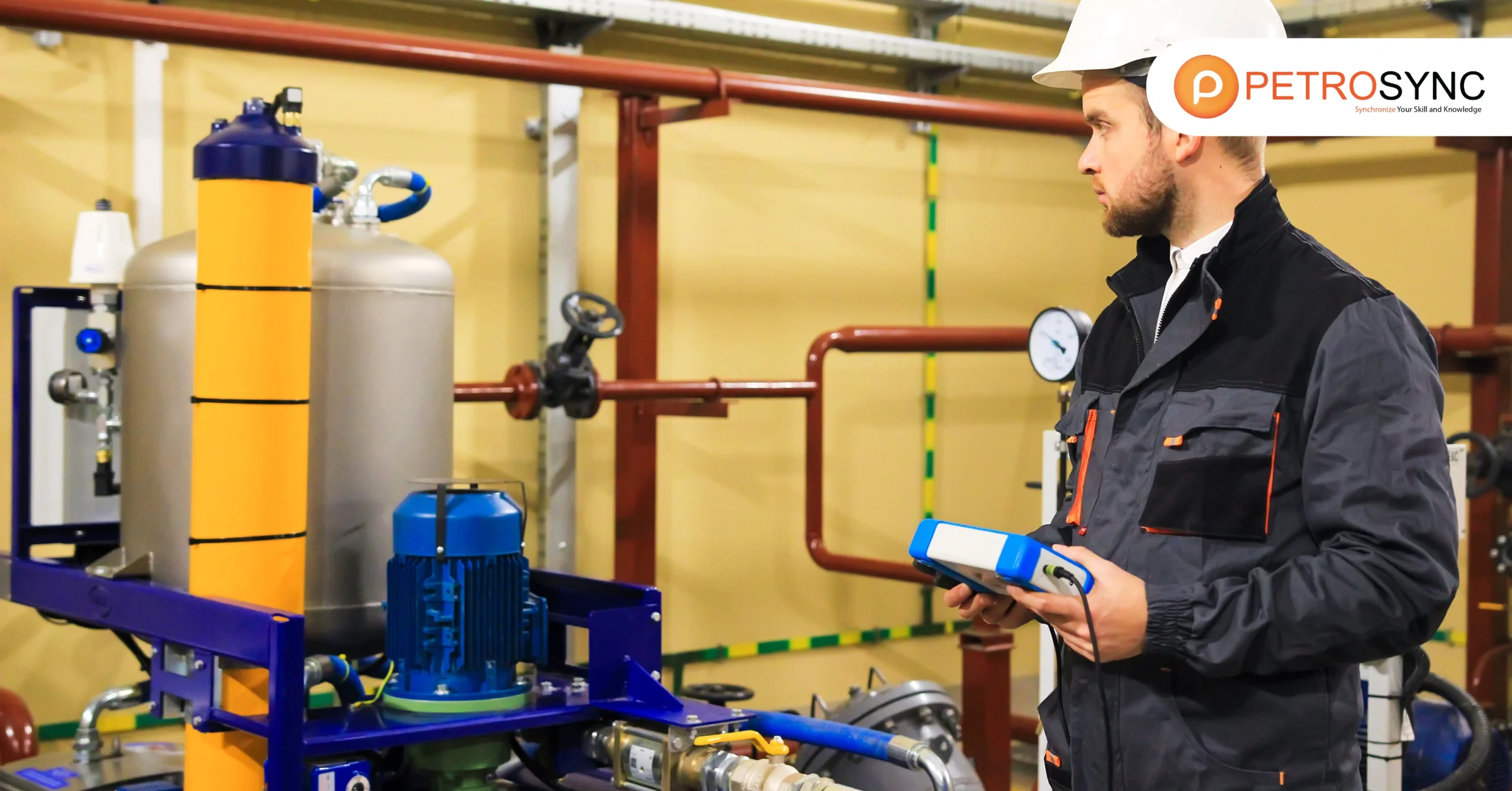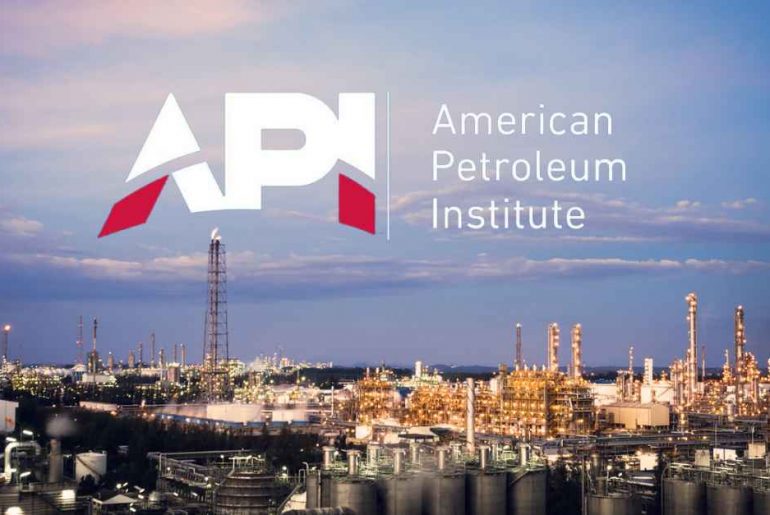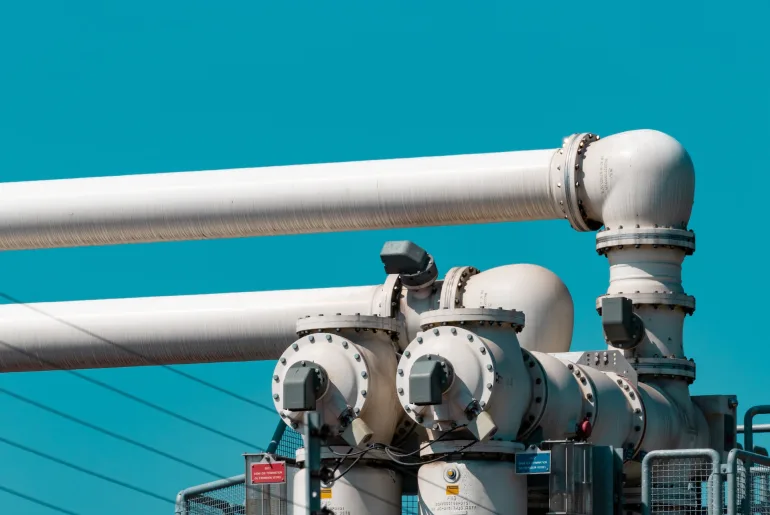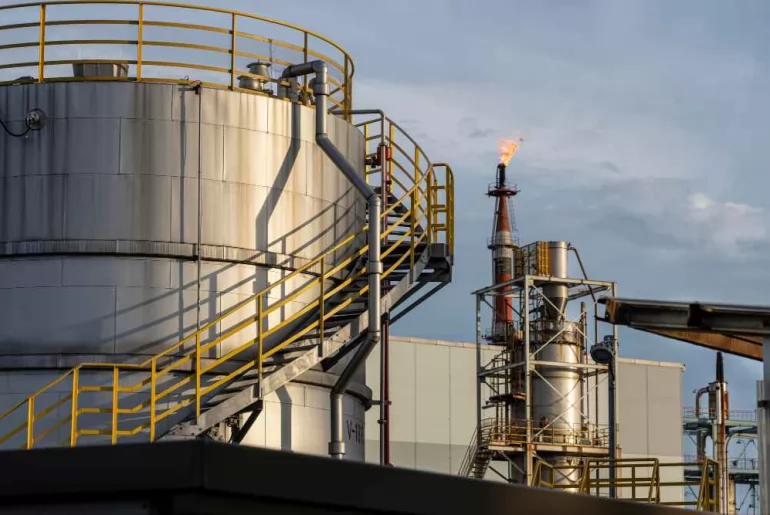API 580, also referred to as the Risk-Based Inspection (RBI) standard, proves to be a highly advantageous approach for the oil and gas industry. This comprehensive framework provides a methodical way to evaluate and manage risks associated with equipment integrity.…
In the highly specialized sectors of oil, gas, petrochemicals, and energy, being current on industry trends is critical to success. Obtaining recognized certifications such as API (American Petroleum Institute) can be transformative for people seeking technical excellence and career progress.…
Implementing API standards provides numerous benefits to businesses and developers. First and foremost, API standards maintain uniformity across applications and platforms. This consistency is critical for avoiding errors, speeding development processes, and ensuring that APIs are simple to incorporate into…
Api 570 is having a comprehensive understanding of the API 570 exam and its related information is crucial before registering. Within the industry, API 570 certification holds significant value, especially in the world of piping inspection. To ensure a successful…
The Piping Inspection Code 570 by the American Petroleum Institute (API), which focuses on the inspection, repair, alteration, and rerating of piping systems in operation, enjoys global recognition and widespread confidence. As a result, any engineers holding API 570 Piping…
The American Petroleum Institute (API) is a certification service provider specifically for participants who wish to enhance their knowledge, skills, and insights. The API has standards that exist in the oil and gas, petrochemical, and energy industries. Therefore, it is…
Maintaining the reliability and safety of piping systems is a key duty in the oil & gas, petrochemical, and energy industries, requiring particular knowledge and skills. The American Petroleum Institute (API) offers the API 570 certification, which is a globally…
API 581, the Risk-Based Inspection (RBI) methodology, provides valuable advantages to the oil and gas sector. Through the adoption of this industry standard, companies can greatly improve their management practices concerning equipment integrity. The key benefit of API 581 lies…
In today’s complex industrial landscape, the importance of maintaining the safety and integrity of piping systems cannot be overstated. Piping infrastructure plays a crucial role in various industries, including oil and gas, petrochemicals, and power generation making API 570 piping…
Obtaining certification as an API 570 inspector is a significant accomplishment within the oil and gas industry. However, preparing for the API 570 exam requires a solid grasp of industry standards, codes, and practices. In this article, we will explore…











